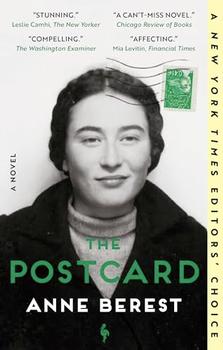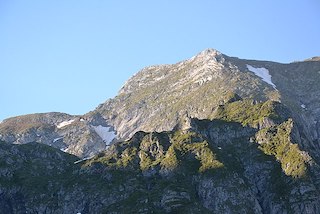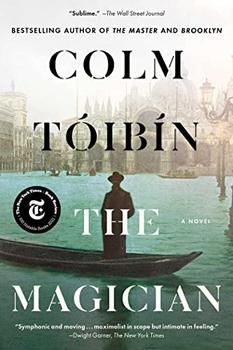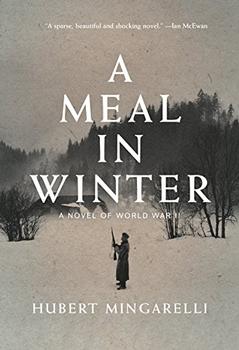Summary | Excerpt | Reading Guide | Reviews | Beyond the book | Read-Alikes | Genres & Themes | Author Bio

Anne Berest's The Postcard is among the most acclaimed and beloved French novels of recent years. Luminous and gripping to the very last page, it is an enthralling investigation into family secrets, a poignant tale of mothers and daughters, and a vivid portrait of twentieth-century Parisian intellectual and artistic life.
January, 2003. Together with the usual holiday cards, an anonymous postcard is delivered to the Berest family home. On the front, a photo of the Opéra Garnier in Paris. On the back, the names of Anne Berest's maternal great-grandparents, Ephraïm and Emma, and their children, Noémie and Jacques—all killed at Auschwitz.
Fifteen years after the postcard is delivered, Anne, the heroine of this novel, is moved to discover who sent it and why. Aided by her chain-smoking mother, family members, friends, associates, a private detective, a graphologist, and many others, she embarks on a journey to discover the fate of the Rabinovitch family: their flight from Russia following the revolution, their journey to Latvia, Palestine, and Paris. What emerges is a moving saga of a family devastated by the Holocaust and partly restored through the power of storytelling that shatters long-held certainties about Anne's family, her country, and herself.
The novel is at once a closely depicted, meticulous account of the lives of the Rabinovitch family and the ways in which their terrible fate has resonated in the lives of their descendants; a fascinating, true-life mystery involving detectives and handwriting analyst; and a powerful account of the occupation of France and the unfurling, systemic reinforcement of antisemitism through the Vichy government's administrative practices...continued
Full Review
(533 words)
This review is available to non-members for a limited time. For full access,
become a member today.
(Reviewed by Danielle McClellan).
 In The Postcard, Jeanine Picabia, the author's grand-aunt, is a leader in the French Resistance movement. When she is betrayed, she becomes "one of the most wanted female fugitives in France." In December 1942, she flees to England by way of Spain, which she enters by crossing over the Pyrenees mountains. She takes a particularly challenging route, via Mont Valier, because "German soldiers won't go that way…it's too dangerous."
In The Postcard, Jeanine Picabia, the author's grand-aunt, is a leader in the French Resistance movement. When she is betrayed, she becomes "one of the most wanted female fugitives in France." In December 1942, she flees to England by way of Spain, which she enters by crossing over the Pyrenees mountains. She takes a particularly challenging route, via Mont Valier, because "German soldiers won't go that way…it's too dangerous."
The Pyrenees mountain range is Europe's second major range, after the Alps. It runs over 265 miles (430 km) between Spain and France, from the Atlantic to the Mediterranean, and separates the Iberian Peninsula (Spain and Portugal) from the rest of Europe. The range is ...
This "beyond the book" feature is available to non-members for a limited time. Join today for full access.

If you liked The Postcard, try these:

by Colm Toibin
Published 2022
From one of today's most brilliant and beloved novelists, a dazzling, epic family saga centered on the life of Nobel laureate Thomas Mann, spanning a half-century including World War I, the rise of Hitler, World War II, and the Cold War.

by Hubert Mingarelli
Published 2018
A miniature masterpiece, this is the spare, stunning story of three soldiers who share a meal with their Jewish prisoner and face a chilling choice.